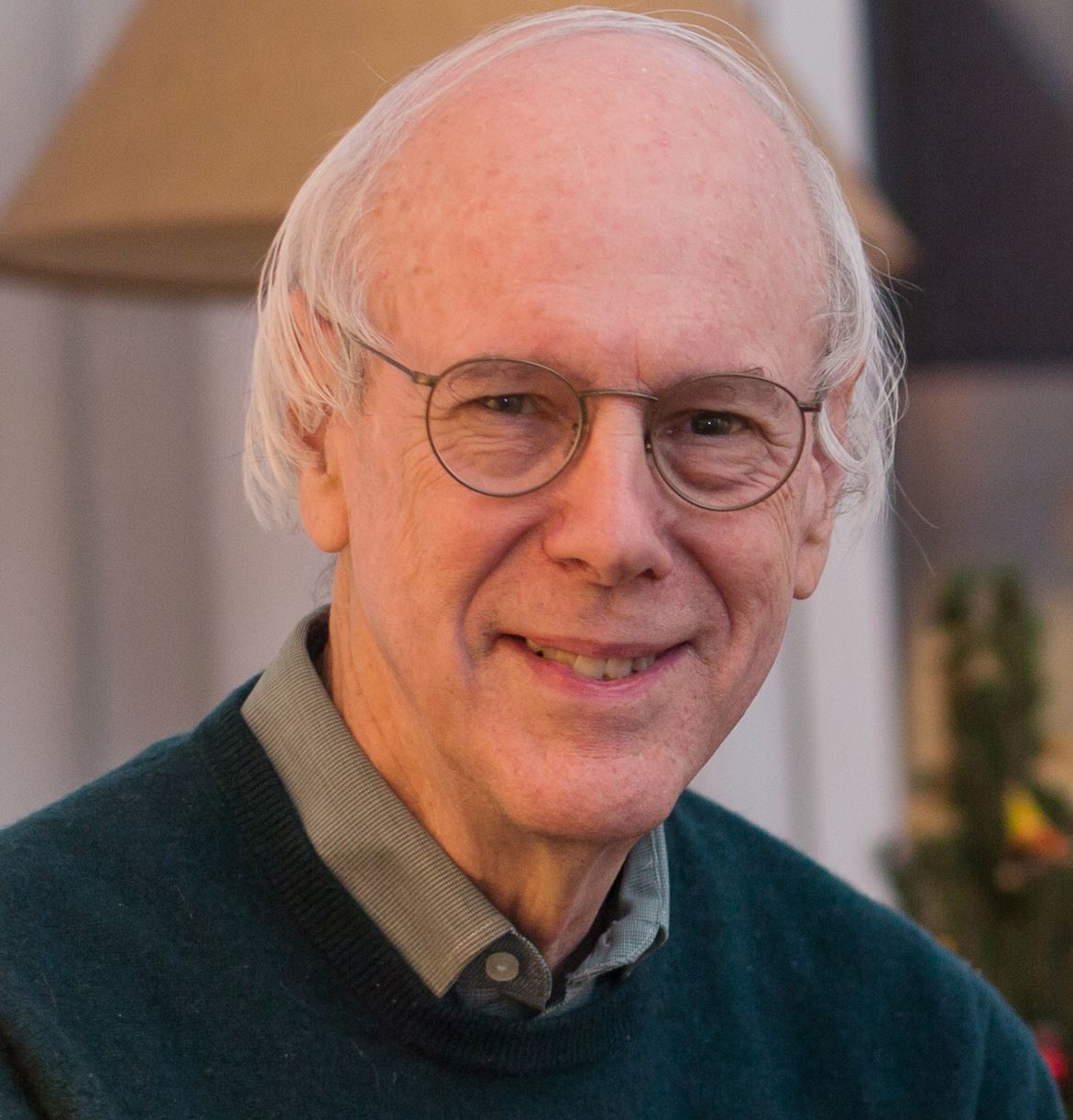By Ralph Engelman
 A Century of Repression: The Espionage Act and Freedom of the Press (U. of Illinois Press, 2022) represents a kind of professional synthesis. Researching and writing the book spanned the transition from three decades as a professor of journalism at LIU Brooklyn to emeritus status. Moreover, the concern about threats to freedom of the press that animated this study was influenced by a number of professional and scholarly undertakings over the years.
A Century of Repression: The Espionage Act and Freedom of the Press (U. of Illinois Press, 2022) represents a kind of professional synthesis. Researching and writing the book spanned the transition from three decades as a professor of journalism at LIU Brooklyn to emeritus status. Moreover, the concern about threats to freedom of the press that animated this study was influenced by a number of professional and scholarly undertakings over the years.
My awareness of the importance of freedom of expression was heightened in the 1970s by my association as a board member with the Pacifica Foundation, which operates a network of five iconoclastic listener-sponsored radio stations. This entailed the resolution of cases involving protection of news sources as well as the landmark indecency case FCC v. Pacifica (1976), for which I attended oral argument before the U.S. Supreme Court. My experience with Pacifica piqued my interest in writing what became my first book, Public Radio and Television in America: A Political History (Sage, 1996).
Concern about the impact of the Espionage Act was also influenced by my experience as Faculty Coordinator of the George Polk Awards, conferred by LIU, which reflect the importance of freedom of the press in enabling impactful investigative journalism. Take the example of four-time Polk winner Seymour Hersh for his coverage of the CIA and the wars in Vietnam and Iraq; his intrepid reporting relied on the cultivation of confidential government sources, a practice that recent administrations have sought to criminalize through the Espionage Act. Writing a biography of Fred Friendly—Friendlyvision (Columbia University Press, 2009)—was yet another impetus. Friendly’s Seminars on Media and Society were launched upon the premise that greater scrutiny was needed of the relationship between the judiciary and the press. Indeed, one of the moderators of the seminars, the eminent law professor Benno C. Schmidt, had written about the threat that the Espionage Act posed to the press in a scathing law review article.
Every fall semester I taught the Communications Law course in LIU Brooklyn’s undergraduate journalism program, but realized that I needed a constitutional lawyer as co-author of an intended in-depth examination of the evolution and application of the Espionage Act in myriad political and legal contexts. Enter Carey Shenkman, constitutional lawyer, graduate of NYU Law School and member of the panel of experts of Columbia University’s Global Freedom of Expression Program. He is a former associate of the late human rights lawyer Michael Ratner, the former president of the Center for Constitutional Rights and American lawyer for Julian Assange in his Espionage Act case.
Carey and I broke our book down into three distinct periods: (1) Targeting the Opposition: WW I and WW II, (2) Criminalizing Leaks: The Cold War, and (3) Policing Digital Journalism: The War on Terror. Some key points: We describe how from the outset the Espionage Act was deployed against publications and organizations opposed to U.S. entry into WW I rather than against spies. We establish how the use of the Espionage Act during WW I helped spark the divergent careers of both Roger Baldwin and J. Edgar Hoover, shaping the subsequent trajectory of the ACLU and of the FBI.
The Espionage Act serves as a lens through which to view major developments in US journalism and political history. It was employed as a cudgel to intimidate the Black press during WW II, as a vehicle for the rise of McCarthyism, as punishment for release of the Pentagon Papers, and as a weapon against a plethora of whistleblowers during the Obama and Trump administrations. At the same time, our study reveals the ambivalence of key attorneys general in applying the act against journalistic sources, from John Lord O’Brian to Francis Biddle and Eric Holder—as well as important initiatives for reform of the act to foster a proper balance between the requirements for a free press and national security.

Ralph Engelman is a Professor Emeritus of Journalism & Communication Studies, LIU Brooklyn.

